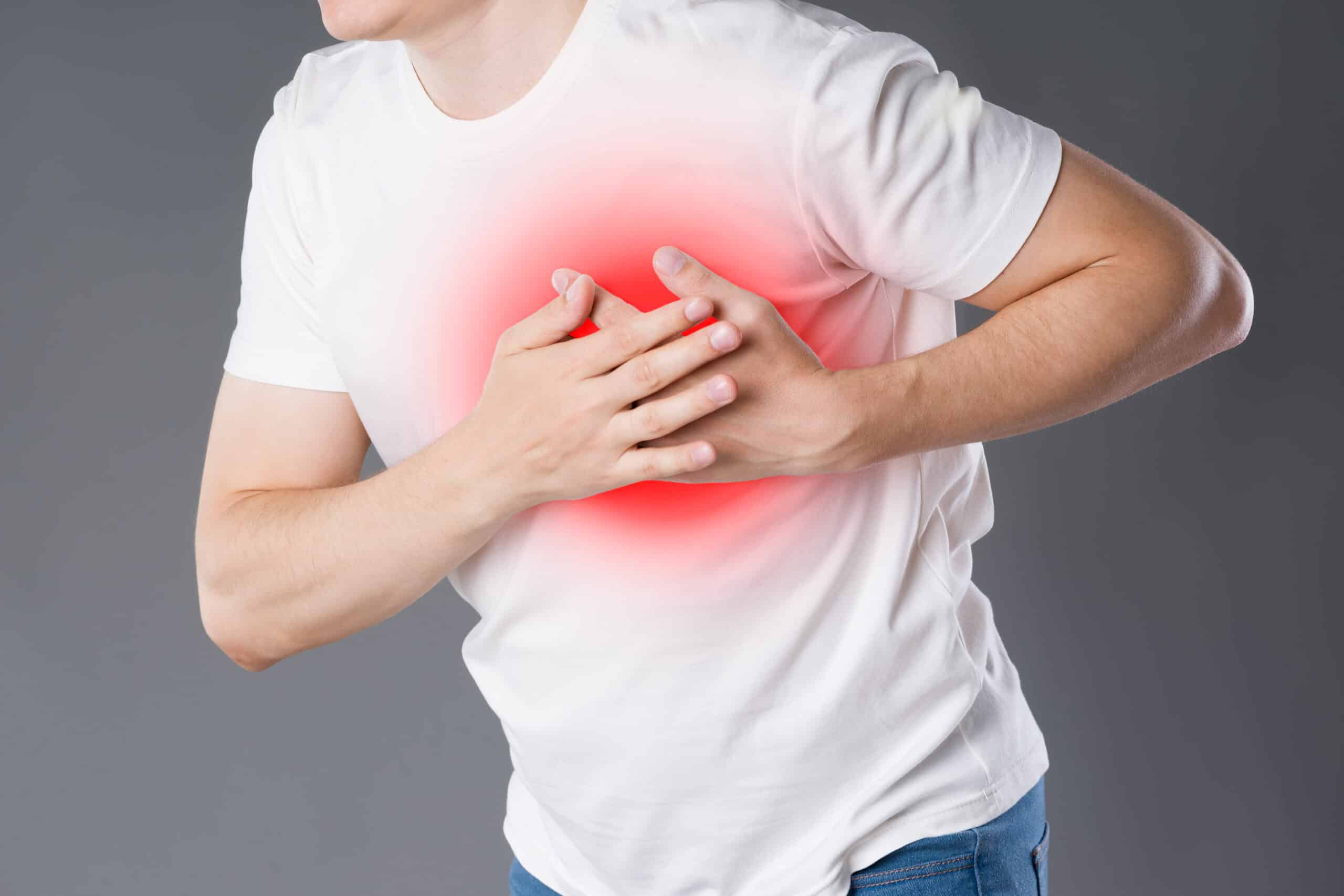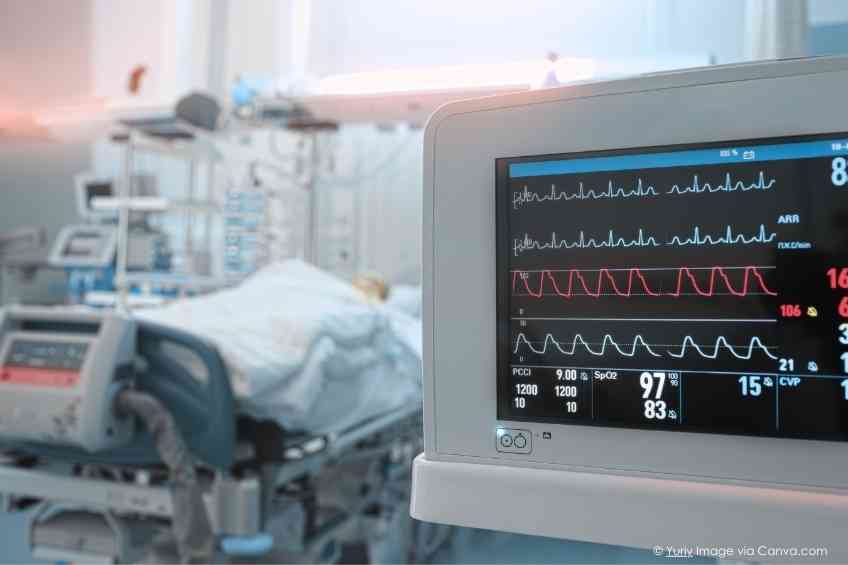The Skinny
No one wants to think about the potential of being hit by a stroke or heart attack. But being forewarned is forearmed. Plus, strokes and hearts attacks are unfortunately all too common and dangerous. About 800,000 people suffer from strokes annually in the U.S. and about 10 to 20 percent of these victims die as a result. About the same number have heart attacks. WellWell has already reported on some of the ways individuals can lower their risk of both. Another way is to recognize the symptoms of an imminent attack so that medical professionals can be alerted and pre-emptive measures can be taken. WellWell has put together a list of three of the most common warning signs for both. Experiencing one or more of these symptoms may not mean a stroke or heart is at hand, but these signals should be taken seriously. Read on and stay safe.
The Slate 
Symptoms For Pending Strokes
Sudden difficulty speaking or putting together coherent sentences may signal a problem is at hand. These symptoms are often described as someone helplessly trying to talk or simply looking confused. The person in question may not even be able to speak at all.
Weakness or numbness in your arms, legs or face is a pretty common sign a stroke may be forthcoming. This is especially true if this occurs on only one side of the body. Take notice if one side of a person’s face seems to droop or if they have trouble raising one arm or another. A balanced diet can help reduce the risk.
Dizziness can occur for a lot of reasons, including a host of problems that are not the byproduct of a life-threatening condition. But it can also be linked to a pending stroke or some cardiovascular issue. Anyone experiencing chronic dizziness should have it checked out, if for no other reason than it can lead to dangerous falls.
Heart Attack Symptoms
Chest discomfort and heart attacks obviously are closely linked and are a potential sign that bigger health issues are at hand. Some discomfort can last minutes, while others can pass but return repeatedly. Ultimately, it feels like lots of pressure, a sense of squeezing or simply pain in the chest.
Difficulty Breathing and Dizziness
An unreasonable or unusual loss of breath from light activity could be a signal that the heart is having trouble pumping enough blood to service the entire body. Note that chest pains don’t always coincide with shortness of breath even though it is a common sign that a silent heart attack may have occurred or be forthcoming. In line with this, pending heart attack victims also feel dizzy or lightheaded.
Breaking out in a cold sweat when not having exercised may signal heart problems and a possible heart attack is near. The sweating usually occurs because the heart is overextending itself to pump blood through clogged arteries. Consequently, the body breaks out in a sweat to cool things down. Nothing is certain, but a cold sweat should signal a need to consult a doctor.
Eyes Up
Did we miss an important warning sign? Let us know at info@wellwellusa.com.
WellWell editors independently identify services and products of interest. If readers purchase anything through the associated links, WellWell may earn a commission, which goes to support our work. Learn More.













